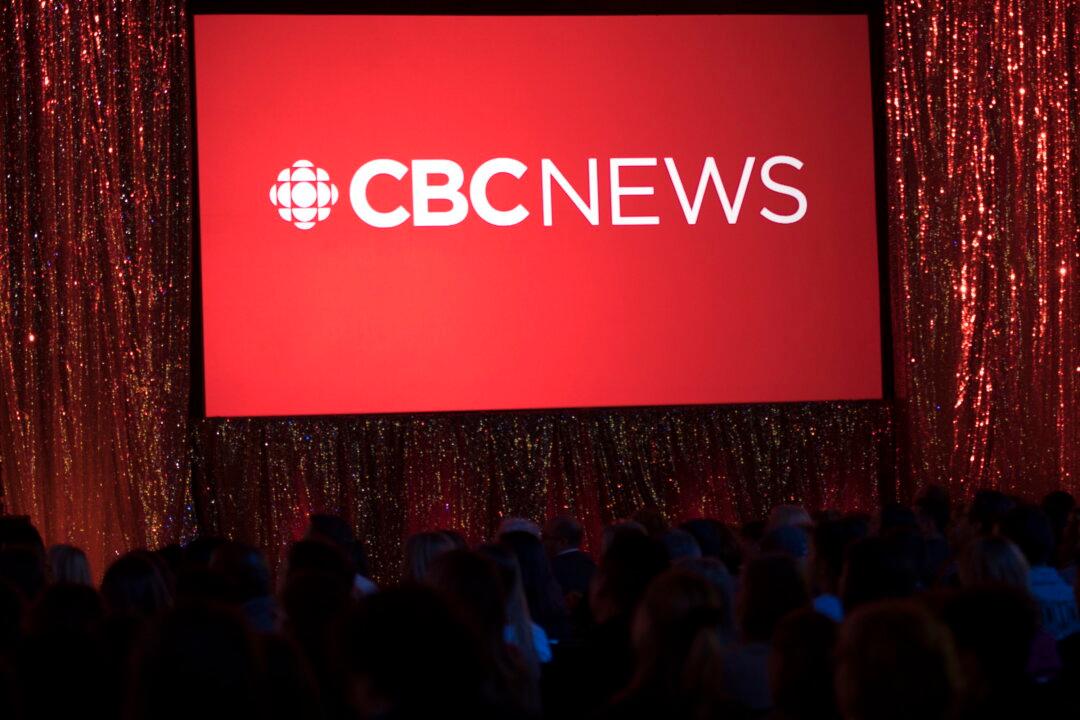A government memo suggested that CBC News should be forced to provide free advertising to the government during a “national crisis.”
“In the past, services such as producing and broadcasting public service announcements in times of national crisis were covered under previous agreements with CBC/Radio-Canada,” said the memo, entitled “The Way Forward: Lessons Learned: Communications and the COVID-19 Pandemic,” covered by Blacklock’s Reporter on June 5.





